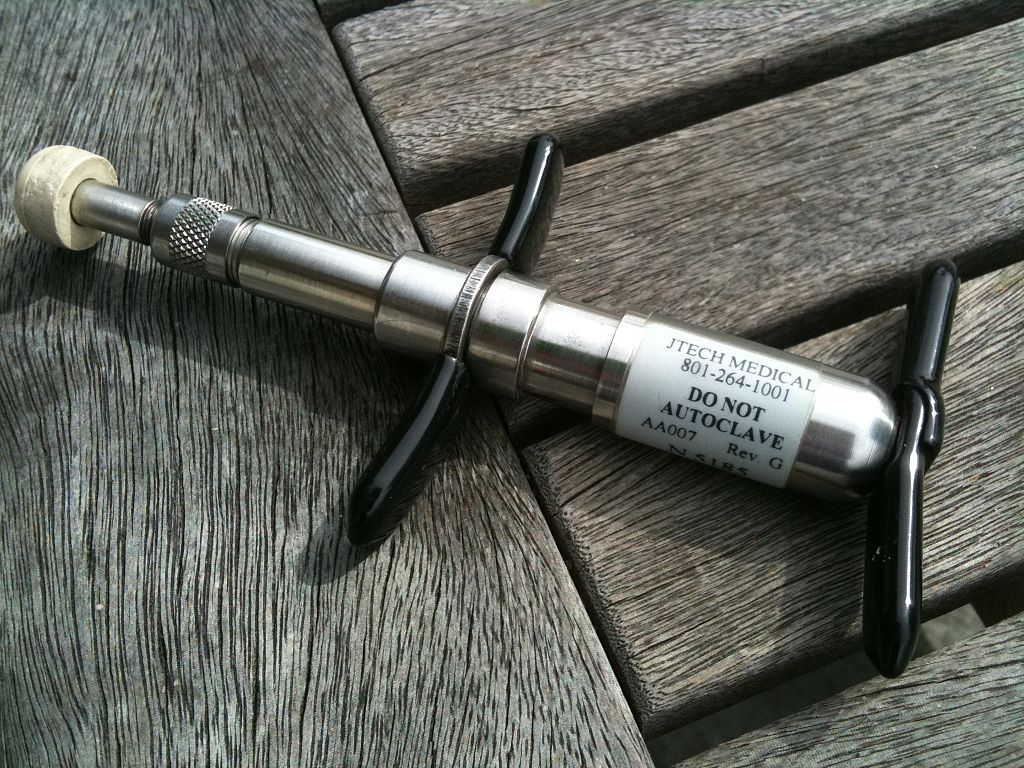Month: November 2013
USA Today versus Stanislaw Burzynski
This is an SBM public service announcement—with blogging! Think of it as a bonus post, and don’t forget to read Mark Crislip’s regular biweekly offering, as it’s about an article in Skeptical Inquirer that particularly irritated him—and me, as well. Because, as we all know, the world needs more Mark Crislip. I’ve made no secret of how much I despise Stanislaw Burzynski,...
Irritated by the Skeptical Inquirer. Again.
I have a confession. I have been interested in issues skeptical since high school when I came across a copy of the Zetetic at Powells. In the pre-digital era I had a complete library of Zetetic-Skeptical Inquirers (SI) that a decade ago was tossed in the recycle bin along with a similar collection of MacWorlds. I have been interested in skepticism a...

Journal of the American Dental Association Falls for Tooth Fairy Science
Another venerable scientific journal has fallen prey to “alternative” medicine research. The Journal of the American Dental Association (JADA) has joined the New England Journal of Medicine and Annals of Internal Medicine, among others, with its publication of “A pilot study of a chiropractic intervention for management of chronic myofascial temporomandibular disorder,” in the October, 2013, issue. And what “chiropractic intervention” is...
Colonoscopy and Other Colorectal Cancer Screening Options: An Update
When I wrote about colonoscopy in 2010, colonoscopy was thought to be the best screening test for colorectal cancer because it could visualize the entire colon and could remove adenomas that were precursors of cancer. But only fecal occult blood testing (FOBT) and sigmoidoscopy had been proven to decrease colorectal cancer incidence and mortality (by 16% and 28%, respectively). Observational evidence suggested...

Revealed by the FDA: The results of the most recent inspection of the Burzynski Clinic
The results of the latest FDA inspection of the Burzynski Clinic are in. They aren't pretty. Why is this cancer quack still allowed to do his bogus clinical trials?
Medical cranks: Why we fight
Never let it be said that I can’t match Mark Crislip in shameless self-promotion. The world might indeed need more Mark Crislip™, but I like to think that it needs a bit more David Gorski, too. So, in that spirit, here are the videos, recently released by the James Randi Educational Foundation, of Bob Blaskiewicz, myself, and some key SBM players that...
Because the world needs more Mark CrislipTM
Should anyone be in Ashland, Oregon the afternoon of Sunday the 10th of November, and is sober after an afternoon of watching the NFL, I will be giving a talk on Supplementary, Complementary and Alternative Medicine Myths. Sponsored by the Jefferson Center, details on their website. For those in the Portland, Oregon area, I will be giving same talk on Monday November 18th. 7:00...
Separating Fact from Fiction in Pediatric Medicine: Infant Teething
Teething is one of the most common sources of parental concern in the world of pediatric medicine. All children go through it, typically starting at about 6 months of age, and the current list of signs and symptoms attributed to the eruption of teeth in infants is long and varied, with most if not all of them inaccurate if not highly suspect....


